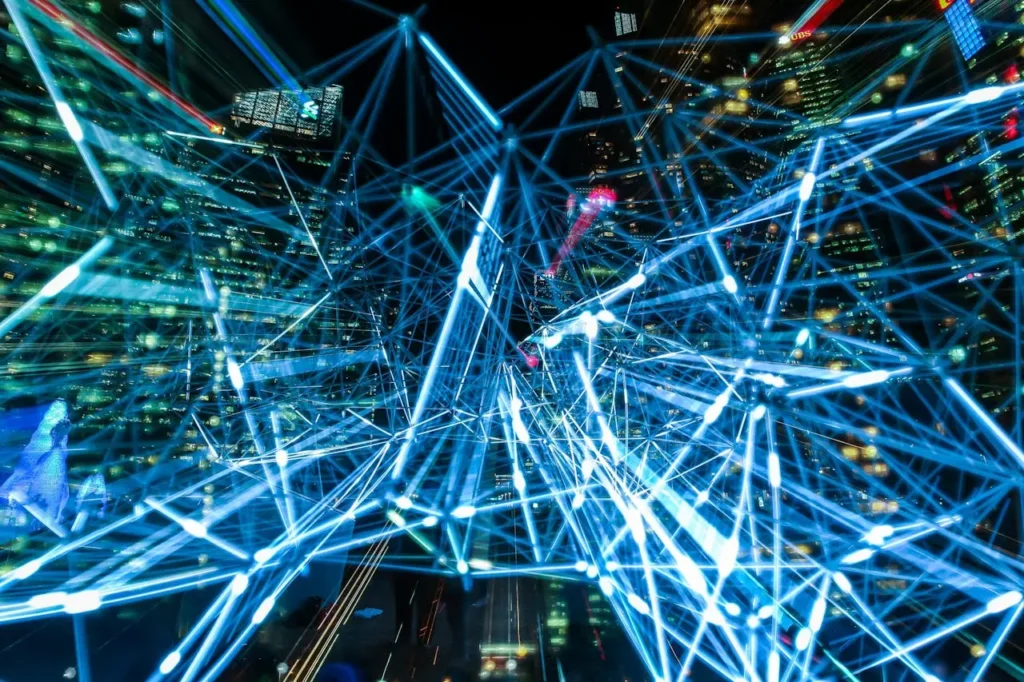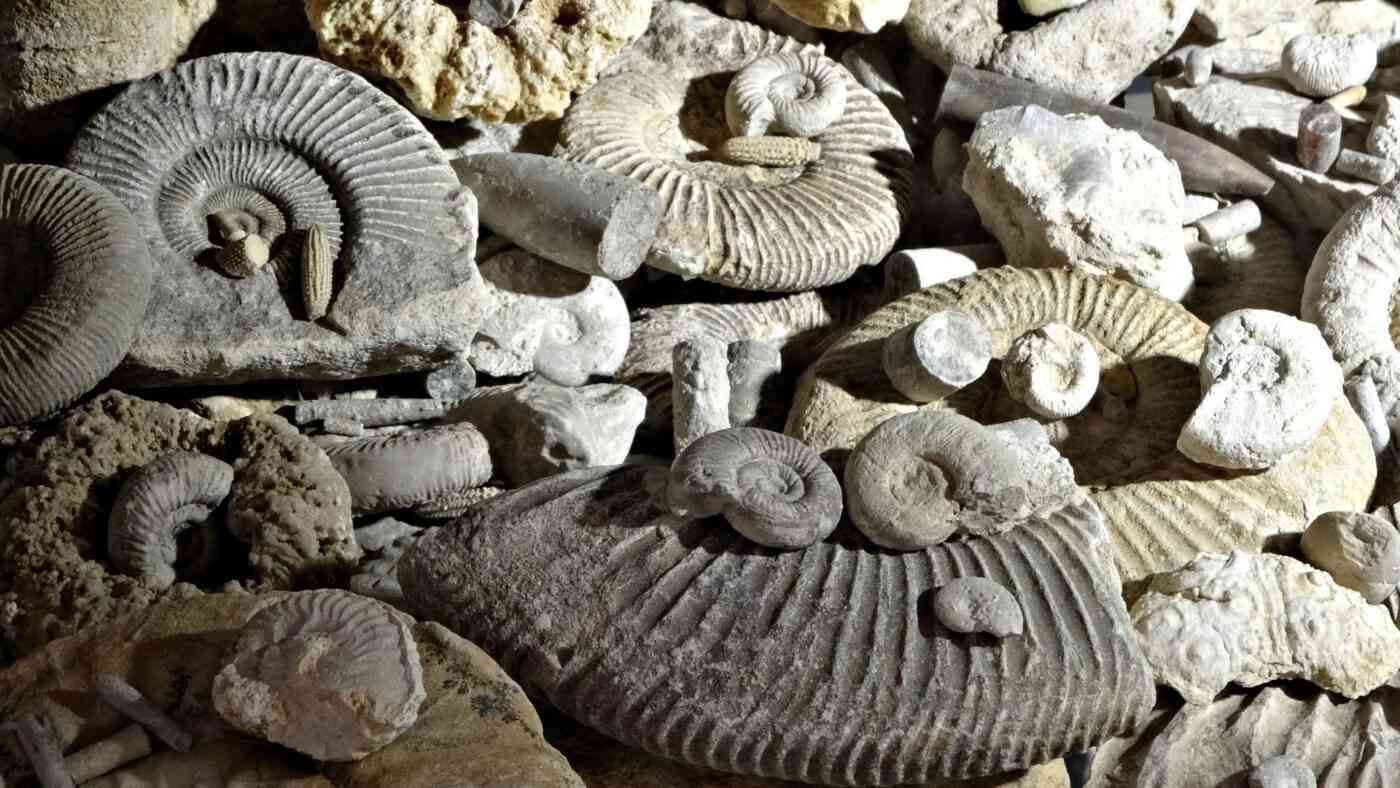Science
How Did Life Rebound on Earth? The Answer Lies Within the Rocks
23 February 2026

At their essence, humans replicate biologically through DNA, a fundamental life process. In the intellectual and innovative sphere, replication transforms into the creation and assimilation of information via scientific and intellectual pursuits. Yet today’s technological advancements, especially in artificial intelligence, have spawned a new form of replication: the autonomous generation and duplication of data. This development presents a significant challenge by producing an overwhelming flow of information with often uncertain origins and reliability. It leads to a critical inquiry: can the concept of information ecology act as a defense strategy in this age of rampant data proliferation?
Stanisław Lem, in essays first published in the 1990s, predicted that one of the greatest problems of civilization would be dealing with an overload of information. He termed this exponential increase as the megabit bomb. This process initially occurred slowly but its dynamics accelerated over time. Initially, we communicated directly, face-to-face.
The invention of writing facilitated and sped up the exchange of knowledge. The megabit bomb started ticking faster when Johannes Gutenberg built the printing press in the 15th century, enabling the copying of information carriers – books. Their production was limited only by the time needed to write and print them. With the information revolution, widespread access to and use of computers significantly increased human capabilities in producing information. The creation of the global Internet network was the cherry on top of this process.
It has been a common view in the history of science that the last individual to grasp the full breadth of his era’s intellectual achievements was Gottfried Wilhelm Leibniz – a genius of the Enlightenment era, a philosopher and mathematician living at the turn of the 17th and 18th centuries. Today, it can be confidently stated that there are no longer experts in everything; it is impossible given the dynamic increase in scientific knowledge and its specialization. Key, in the context of knowledge growth, is the speed at which we generate new data and their interpretations. French philosopher Paul Virilio posited that the rate of information generation and interpretation is now the primary driver of civilization’s progress. This fusion of the ‘megabit bomb’ concept with accelerating progress paints today’s world as an information-driven civilization.

Echoing the thoughts of John Archibald Wheeler, a prominent late 20th and early 21st-century theoretical physicist, our world is essentially a vast repository of information. He encapsulated his thesis in the phrase: ‘It from bit.’ Humans replicate biologically through DNA, but they also produce and assimilate information through scientific and intellectual activities. Modern technologies, notably AI, have initiated a cycle of data self-generation and replication. This leads to a concerning trend for both individuals and societies: the creation of messages with unverifiable sources and reliability, exemplified by fake news and information fog. In response to the question, ‘When will the megabit bomb explode?’ the answer is not about timing but rather how we manage the aftermath of its inevitable detonation.
Since the 1970s, the notion of information ecology has gradually taken root, tracing its origins to Forest W. Horton’s seminal works, particularly his 1978 article Information ecology in the Journal of Systems Management. Drawing an analogy to efforts in environmental protection, researchers began to treat the infosphere (the information environment containing the types of information necessary for functioning in society) as an ecosystem. This perspective has profoundly influenced the way we understand the flow of information among people.
We recommend: Vanishing into Imagined Worlds: Understanding Immersion
Expanding upon this concept has deepened our understanding of the anthropology of the information world. An important task here is to understand the competencies necessary to create and participate in a human-friendly communication environment. This must be realized on a societal level through legislative instruments, education, and building awareness of responsibility for the balance of the infosphere. Individual participation in managing our communication spaces and practicing good information hygiene are equally vital. Information overload and deficit, noise and information smog, communication barriers, and stress caused by the megabit bomb are additional afflictions troubling individuals and communities.
Just as environmental science spurred awareness of human-nature relations, insights from environmental protection offer valuable lessons for information ecology. A notable parallel is the shift from anthropocentrism to biocentrism in environmental studies, mirrored in the digital realm by the move from technocentrism to humanocentrism. Both shifts call for a reevaluation and transformation of the value systems that govern these spheres, including giving a voice to non-human entities – fauna, flora, inanimate nature in the environmental context, and AI in the digital world.
The need for both individual and societal involvement in environmental matters and a holistic perspective on sustainable development are increasingly relevant in information ecology. However, this integration into communication discourse involves making value-based choices, particularly concerning humans’ status within the infosphere and their relationship to it. Debates over the boundaries of individual freedom and expression are also crucial. Ethical and legal challenges arise when contemplating restrictions on access to the infosphere. Of particular concern are the rights to monitor, censor, and exclude content or behaviors deemed harmful.
Educational initiatives are pivotal in this landscape. Communication theorists are engaged in debates over management strategies and the role of information culture. Emphasizing the importance of discerning the value of information sources, such as identifying fake news, is paramount. Participation in a culture that safeguards against negative influences like hate speech and violence is crucial. An ecological approach to our information exchange spaces paves the way for treating recipients individually and fostering their interactive role in societal discourse.
Much like investigators can glean insights into a suspect’s personality by examining their discarded trash, analyzing the digital trails left in the infosphere of individuals and social groups can reveal much about their characteristics and values. This method of scrutiny has already been astutely integrated into marketing strategies. Techniques like website optimization, metadata analysis, and monitoring online purchasing behaviors not only identify consumer trends and preferences but also steer interests towards specific products and services.
We recommend: My Robotic Boyfriend: Will Humans Fall for Robots?
However, this is merely the surface of the infosphere’s potential. Beneath lies the ability to influence behavior on a global scale, shape opinions, and endorse certain attitudes. This powerful tool holds the capacity to significantly alter the world for better or worse. Consequently, raising awareness about the information ecology and educating about the responsibility and ethics of navigating this information space becomes a critical task in the modern era. This duty, which has been essential since the dawn of human communication, revolves around respecting diverse viewpoints, exercising self-discipline, being responsible with our words, and establishing ethical boundaries for freedom of expression.
You may also like:

Science
22 February 2026

Humanism
22 February 2026

Zmień tryb na ciemny